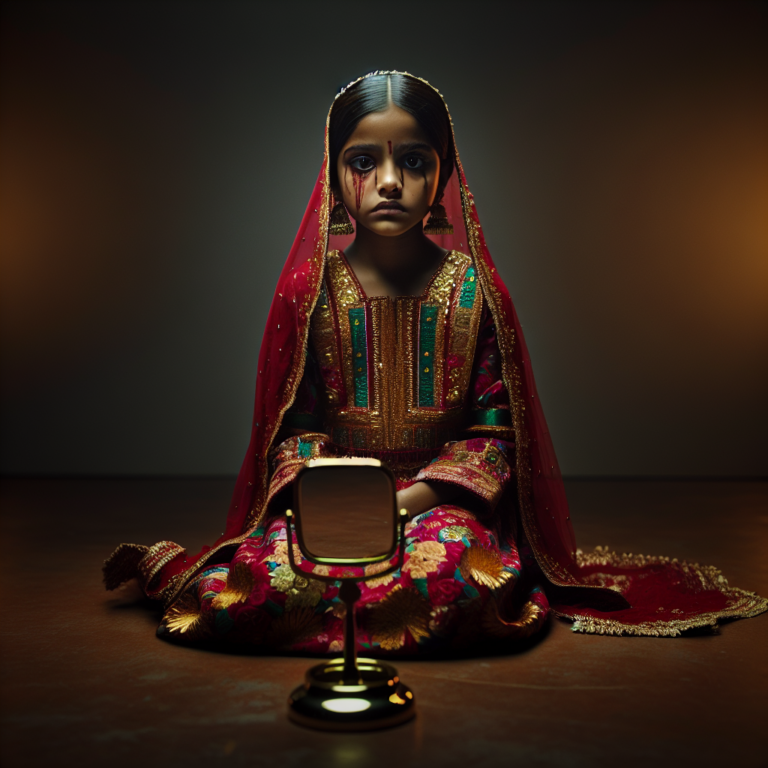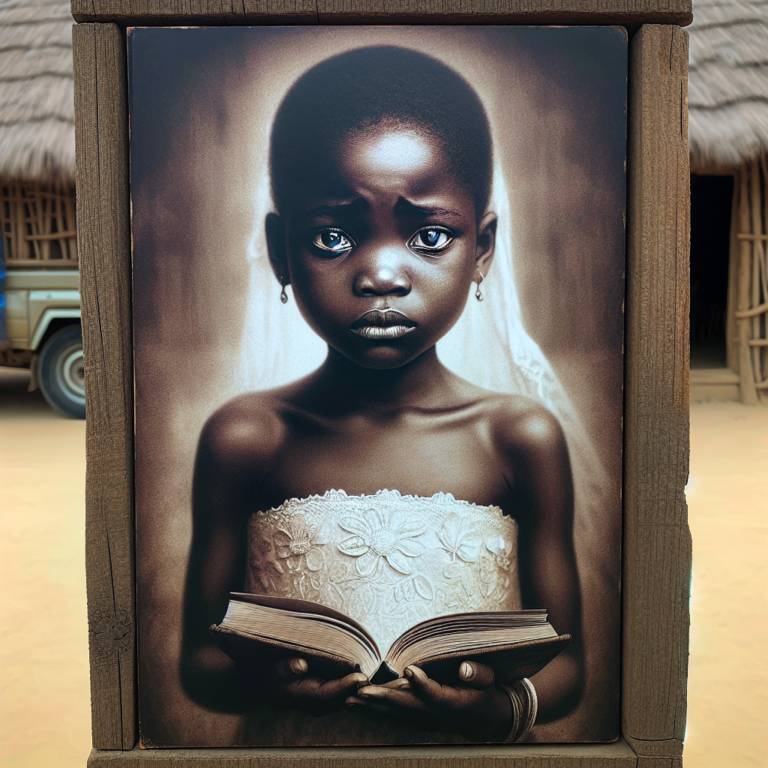ending child marriage
We know that girls and women – particularly among the poorest and socially marginalised groups – are the most affected by the ongoing pandemic. We need to work together as a partnership to make sure that girls at risk of child marriage and married girls are at the centre of the COVID-19 response and recovery.
We began this series of blogs back in May to share key resources that may be useful to Girls Not Brides member organisations at this difficult time. These are linked in this series, and a selection can also be found in our Resource Centre. So far, we have covered the issues of gender-based violence, sexual and reproductive health and rights, economic impacts, girls’ education, human rights in Latin America and the Caribbean, a feminist analysis of the economic impacts, opportunities to engage women and girls in Africa, and the impact on girls in South Asia.
This week, we’re finishing the series with our top recommended resources, showcasing research and investigations into the effects of COVID-19 on women and girls under the themes of sexual and reproductive health and rights, girls’ education, humanitarian settings, economic impacts and fundraising. The resources provide practical recommendations and examples of successful responses that could help with your ongoing work.
We salute and congratulate all our members for being adaptive, responsive and supportive of girls and the most marginalised groups under such challenging circumstances. Together, we will get through this.
Sexual and reproductive health and rights
This technical brief outlines how the outbreak affects women and men differently. It highlights the importance of maintaining access to sexual and reproductive health (SRH) services throughout the crisis, and provides gender-sensitive recommendations for protecting SRH rights. It’s available in eight languages.
IMAP statement on COVID-19 and sexual and reproductive health and rights, International Planned Parenthood Federation
This statement outlines the implications of the crisis for the SRH sector, and lays out the measures needed to mitigate against them. It suggests that SRH services should be an integral part of any response to the crisis. Available in English, French, Spanish and Arabic.
Our response to the COVID-19 crisis, Marie Stopes International
Marie Stopes International calls on governments to recognise contraception and safe abortion as essential services in times of crisis. It urges governments to reduce barriers by allowing women to access safe abortion and contraception remotely via telemedicine. Their stories from the frontline share the challenges that programme staff are currently experiencing in different regions.
Girls’ education
Building back equal: Girls back to school guide, Various
Produced together by Malala Fund, Plan International, UNESCO, UNGEI and UNICEF, this report aims to help policymakers in ministries of education to address the gender dimensions of school closures during COVID-19. It provides recommendations to ensure continuity of learning and establish comprehensive and evidence-based plans for reopening schools in a way that meets the needs of the most marginalised girls.
Averting an education catastrophe for the world’s children, Save Our Future
This campaign white paper gives an overview of the impact of COVID-19 on education and proposes seven action areas to help guide the global community to avert an “education catastrophe.” Save Our Future is a global coalition of diverse voices (including Girls Not Brides) uniting to deliver a simple, powerful message amidst the crisis.
Girls’ education and COVID-19: What past shocks can teach us about mitigating the impact of pandemics, Malala Fund
In this report, Malala Fund use insights from the Ebola epidemic and the 2008 global financial crisis to understand the short- and long-term consequences of COVID-19 for girls. They suggest how governmnets and international institutions can mitigate these effects and support girls in returning to school, including keeping them learning, considering gender in school reopenings and ensuring adequate funding for education after the crisis.
Humanitarian contexts
Identifying and mitigating gender-based violence risks within the COVID-19 response, Global Protection Cluster and Inter-Agency Standing Committee
This brief offers guidance for non-GBV specialist actors working in humanitarian contexts to identify COVID-19 and GBV-specific risks in their sectors, and to take actions to mitigate those risks. It covers sectors including camp coordination and management, child protection, education, food security, health, livelihoods, nutrition, protection, shelter, WASH, and risk communications and community engagement. Available Arabic, English, French and Spanish.
GBV AoR tools and resources for COVID-19, GBV Area of Responsibility (UNFPA)
This page is a living document containing resources on GBV programming and key messages adapted for COVID-19. It contains resources from different organisations and groups – available in Arabic, English, French and Spanish – ranging from general considerations to country-specific guidance. For instance, Women and girls safe spaces from IRC, IMC and NCA includes recommendations to implement programmes in safe spaces during COVID-19.
Economic impact
Building feminist economies, AWID
The AWID website provides analysis, resources and contacts to support community-level work to influence policy and decision-making to build feminist economies.
The audacity to disrupt: An introduction to feminist macro-level economics, FEMNET
This guide provides an introduction to a feminist analysis of macro-level economics – an essential part of the post-COVID-19 global economic recovery. It offers feminists with the information they need to advocate successfully for alternative ways of ordering the economies of the future.
This brief presents evidence of the pandemic’s impact on women’s economic empowerment and makes recommendations for all stakeholders to guarantee the economic rights of women during the crisis and in plans for recovery and resilience.
Fundraising
Fundraising in the time of the coronavirus, Philantropia
This free online course run by Philantropia helps NGOs around the world to fundraise for action, including topics on how to find funding, networking, proposals and applications. On enrolment, participants receive a guide with resources, information and a list of donors and programmes updated in real time.







